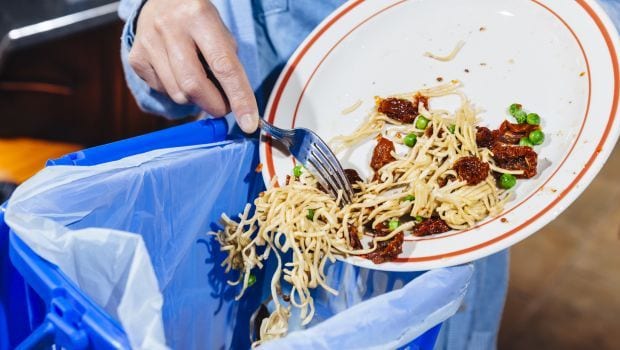Food waste has become a worldwide epidemic and is also a major social, environmental and economic issue. The annual food waste is equivalent to one third or even up to one half of all food intended for human consumption. Hence, it is imperative to make informed food choices and minimise waste as about 1.3 billion tonnes of food is wasted every year. Identified as the most prominent type of hospitality waste, food waste is increasing as the tourism industry is becoming more and more diverse, suggests a recent study published in Tourism Review. Thanks to the emergence of alternatives such as staying at friends' and relatives' homes, camping, couch surfing, or travelling across the country in a recreational vehicle, today's tourism is not just limited to hotel stays and package travel. In all these tourist households, food waste is created; however, very little research into the topic has been carried out so far.
According to the researchers at the University of Eastern Finland and the University of Southern California, focus on preventing food waste only in the traditional foodservice and accommodation establishments ignores the reality of growing tourist households and will stifle sustainability efforts.
"We can already see that there are savvy players in the tourism industry who have succeeded in reducing their food waste and have even managed to turn that into an asset. Yet, it is not enough for only the traditional foodservice and accommodation establishments to reduce their food waste, we need to get all tourist households on board. As the tourism sector changes, research into food waste and sustainability becomes ever more important," said, Research Manager Juho Pesonen from the University of Eastern Finland.
According to the researchers, a comprehensive reduction of food waste requires that its sources and amounts are identified and that its disposal by tourist households is addressed. In addition, there is a need to study the drivers of tourist household food waste and barriers to its reduction.
"We need models that describe how food waste is created in tourist households, and how that possibly changes over time. Moreover, we need to identify platforms and intersections where food waste can be addressed, for example through social media. In the end, it all boils down to sustainable tourism and the circular economy," Pesonen noted.











